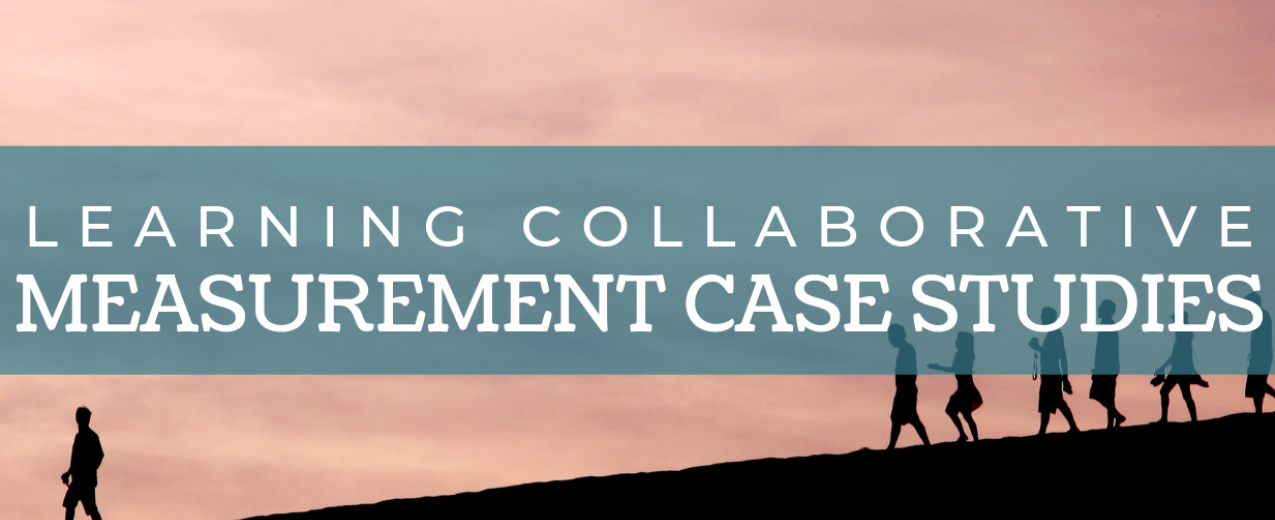
- Project summary
- 14 January 2021
Using community health workers to provide support health services to sexual violence survivors
- Author: Rebecca Justus
- Published by: Social Norms Learning Collaborative
Organizations involved
London School of Hygiene & Tropical Medicine; Kenyatta University; Wangu Kanja Foundation
Summary
In Kenya, the majority of sexual violence survivors do not disclose violence or seek treatment for sexual violence. Among the few who seek care, late care-seeking and failure to adhere or complete treatment are common. Evidence suggests that community health workers (CHWs) have the potential to improve healthcare for survivors. This case study, published in 2018, was conducted in both healthcare facilities and the community in Nakuru County and Kiambu County, Kenya. The main aim was to explore sexual violence disclosure and health seeking behaviors; and, to understand the benefits and drawbacks of using CHWs to provide support health services to sexual violence survivors.
Social norms of interest
Stigma; acceptance of violence; victim blaming; sexual violence
Behaviors of interest
Health seeking behavior; treatment completion; use of CHWs; sexual violence disclosure
Project components
A mixed methods approach was used: first, a systematic literature review explored the existing models of CHWs services for sexual violence as well as the benefits and drawbacks. The review informed development of tools for the primary study. A review of hospital records identified common characteristics of survivors and groups that were more likely to miss treatment. In-depth interviews with survivors explored their care pathways and current experience of services including barriers and facilitators of healthcare seeking and treatment completion; perceived health service’s needs; and, experience with CHWs services. Additionally, CHWs, healthcare workers and other stakeholders with expertise in providing care for sexual violence were interviewed on their experiences and views on CHWs services for sexual violence.
Social norms measurement
In-depth interviews with survivors explored their care pathways and current experience of services including barriers and facilitators of healthcare seeking and treatment completion; perceived health service’s needs; and, experience with CHWs services. Additionally, CHWs, healthcare workers and other stakeholders with expertise in providing care for sexual violence were interviewed on their experiences and views on CHWs services for sexual violence.
Key findings to date
There are multiple barriers to healthcare and missed treatment opportunities for survivors, both at the community and hospital level. CHWs are already involved in sexual violence healthcare pathways carrying out awareness creation, identifying survivors, linking survivors to care and providing psychosocial support. However, community norms, lack of guidelines and training may compromise the quality of services provided. There is a significant gap in literature on service models for CHWs delivering services for survivors. Data are lacking on what services CHWs can effectively offer, how they should be delivered and what factors may influence delivery, acceptance and uptake of services.
Attribution statement
Gatuguta, A., Manuela, C., Seeley, J., Soremekun, S., and Devries, K. (2019) Supporting children and adolescents who have experienced sexual abuse to access services: Community health workers’ experiences in Kenya. Child Abuse & Neglect, Dec 2019.
Gatuguta, A., Merrill, K. G., Colombini, M., Soremekun, S., Seeley, J., Mwanzo, I., and Devries, K. (2018) Missed treatment opportunities and barriers to comprehensive treatment for sexual violence survivors in Kenya: a mixed methods study. BMC Public Health 18, 769.
Gatuguta, A., Katusiime, B., Seeley, J., Colombini, M., Soremekun, S., Mwanzo, I., and Devries, K. (2017) Should community health workers offer support healthcare services to survivors of sexual violence? a systematic review. BMC International Health Human Rights 17, 28.
